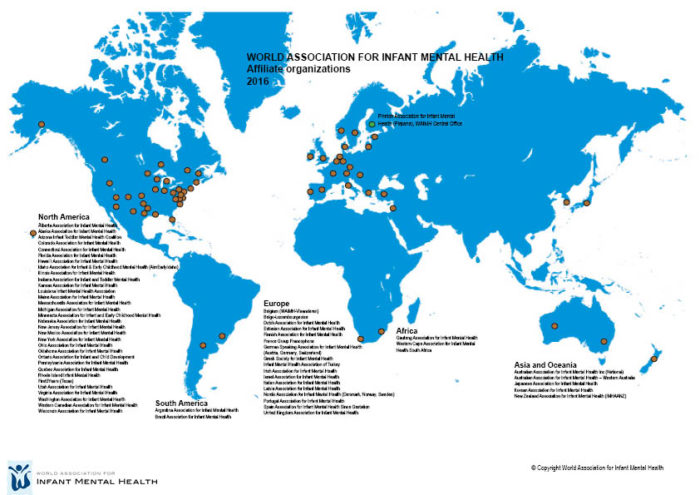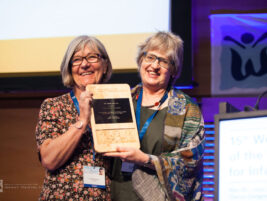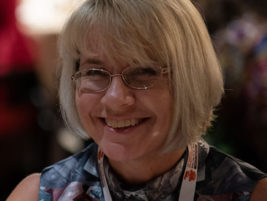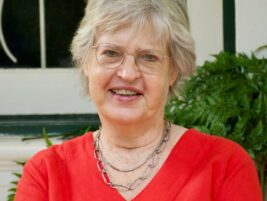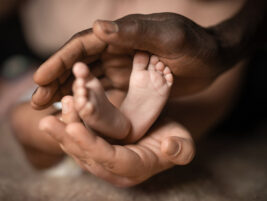When I first heard about a possible 2016 WAIMH Conference in the Middle East I was doubtful, particularly if it would be organized by an Israeli based committee. This doubt came from different angles: the first and foremost one was that of the feeling this would evoke in my Palestinian colleagues. Dr Tawfiq Salman, a Child Psychiatrist in Bethlehem, is a friend of many years, and I wondered what his views on this might be. I am also a member of the Palestinian Association for Child and Adolescent Mental Health and as such did not want to support an endeavour which this Association could be opposing. Lastly, I am a South African, a country that has been open about its opposition to the suppression of the Palestinian people, reflecting in no small ways as it does the horrors of our Apartheid past.
During the past 2 years and particularly during this recent WAIMH Conference in the Middle East Israel on infant mental health is not only appropriate but very much needed and the ethically correct thing to do.
Let me explain this development: It has become apparent that Miri Keren and her colleagues in Israel have been working quietly and unassumingly on building bridges with their Palestinian colleagues over several years; while not loudly portrayed in the media or even published about in the journals, this work has been ongoing. The session in Edinburgh «Jewish and Arab mental health professionals: United against mutual fear and mistrust, for promoting infant mental health» described the work done on tracking autism amongst the Bedouin population in the Negev desert – a task that could not have been achieved so successfully without the close collaboration between an Israeli and a Bedouin mental health worker.
As part of this session there was the joint presentation by Miri Keren from Israel and Ghassan Abdallah from Ramallah in Palestine. They described their work together which is based on the approach that as mental health and educational professionals they should take up a special role in their societies in conflict, and develop mutual recognition and respect through a dialogue based upon concrete educational acts. This in turn would provide an opportunity for reflective functioning to develop in the midst of so many losses, violence, humiliation and psychic pain.
They have set themselves the task of translating into Hebrew and Arabic two books «Don’t hit my Mummy» and «Losing a parent through death in the early years». The two translations will be published together in the same book. What a poignant example of facing the other, of confronting the trauma and reflecting on it in this constructive manner. At the same time the two groups will be meeting every 3 months in order to present cases and talk and learn about ChildParent-Psychotherapy. These are truly inspirational steps to have taken.

As far as the Conference is concerned: the scientific committee as well as the organizing committee consist of both Israeli and Palestinian colleagues. Every effort is also being made to have the conference translated into Hebrew and Arabic.
During the Edinburgh Conference the issue of an academic boycott against Israel was raised. An academic boycott will not touch the politicians who are the ones that need to be touched, but would leave our colleagues on both sides feeling abandoned. How can we who believe in the importance of small beginnings not support what is happening on the ground between peoples?
In the closing address of the Conference, Ghassan Abdallah, made the following 3 points in an unambiguous manner which I paraphrase below:
- The academic boycott is not in the name of the Palestinian people. «We need you to be there as facilitators, to build the bridges of mutual communication and interaction between the Palestinians and Israelis.»
- The Palestinian Leadership’s final goal is not for imposing sanctions or for boycotting Israel. It is calling for imposing sanctions and boycotts against Settlement constructions and ending of the occupation.
- The Congress will be an opportunity to create not only awareness, but also to create an opportunity for both Israelis and Palestinians to learn and to acquire skills about fostering mental health …. Israelis and Palestinians will also be enabled to see the other side of the coin, which means to start recognizing the other as a human being and to start recognizing the other’s fears and dreams; this is where building actual and sustainable peace between the two communities starts. «So, please, please, please do your best to come and help both of us.»
My initial doubts have been laid to rest: a WAIMH Conference which provides, amongst others, a space for dialogue between Israeli and Palestinian colleagues needs our fullest support. Of course the WAIMH Board will be realistic and issues around safety would be paramount. So, while there may be some uncertainty as regards these factors, in principle we should stand behind this decision. Even if it does nothing else but to give hope for reconciliation, it would have been worth it and WAIMH would have fulfilled its mission «To facilitate international cooperation among individuals concerned with promoting conditions that will bring about the optimal development of infants and infant-caregiver relationships».
A Palestinian-Israeli WAIMH Conference? Impressions from the Edinburgh Conference
Authors
Berg, Astrid,
Cape Town, South Africa


